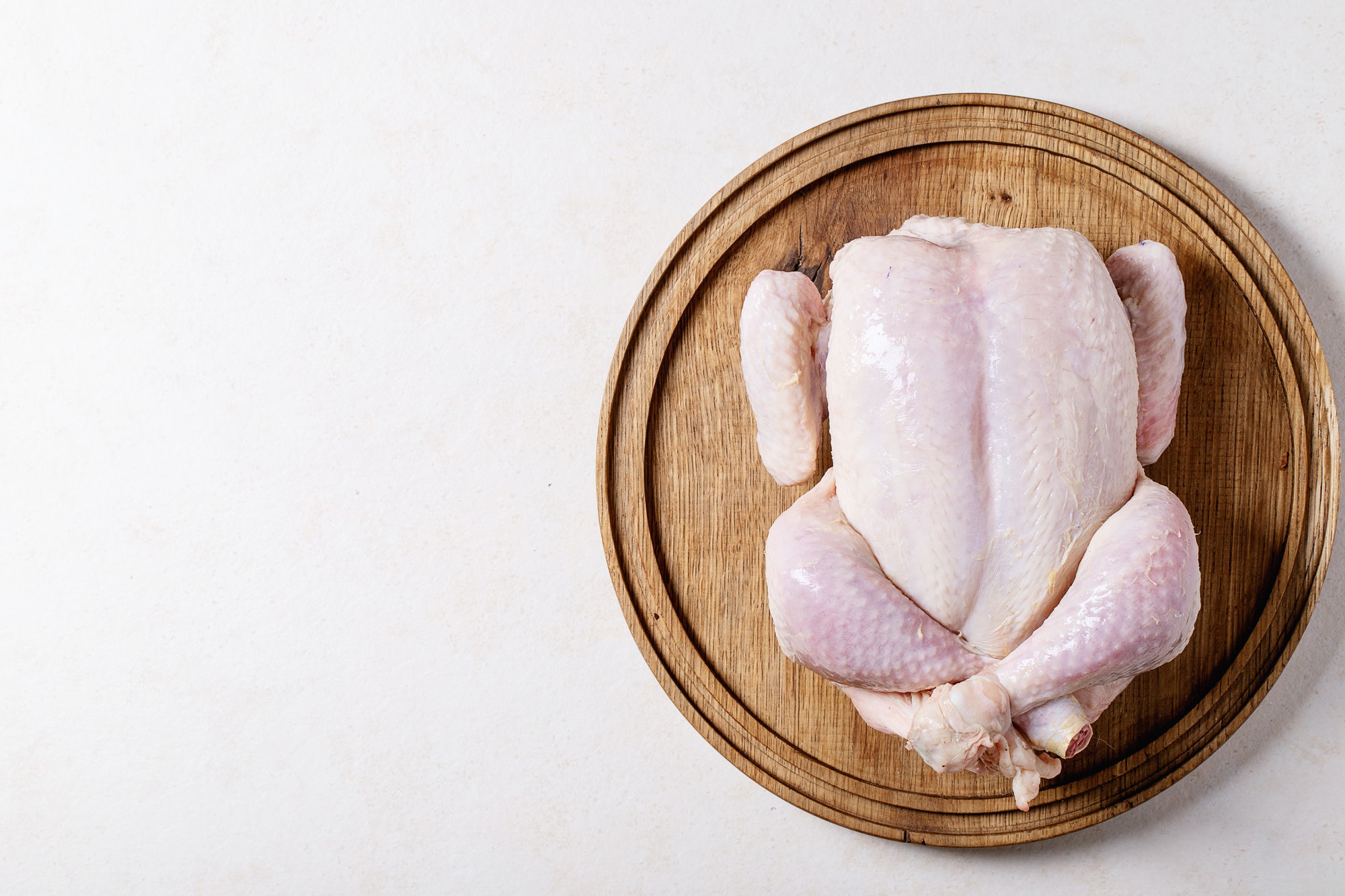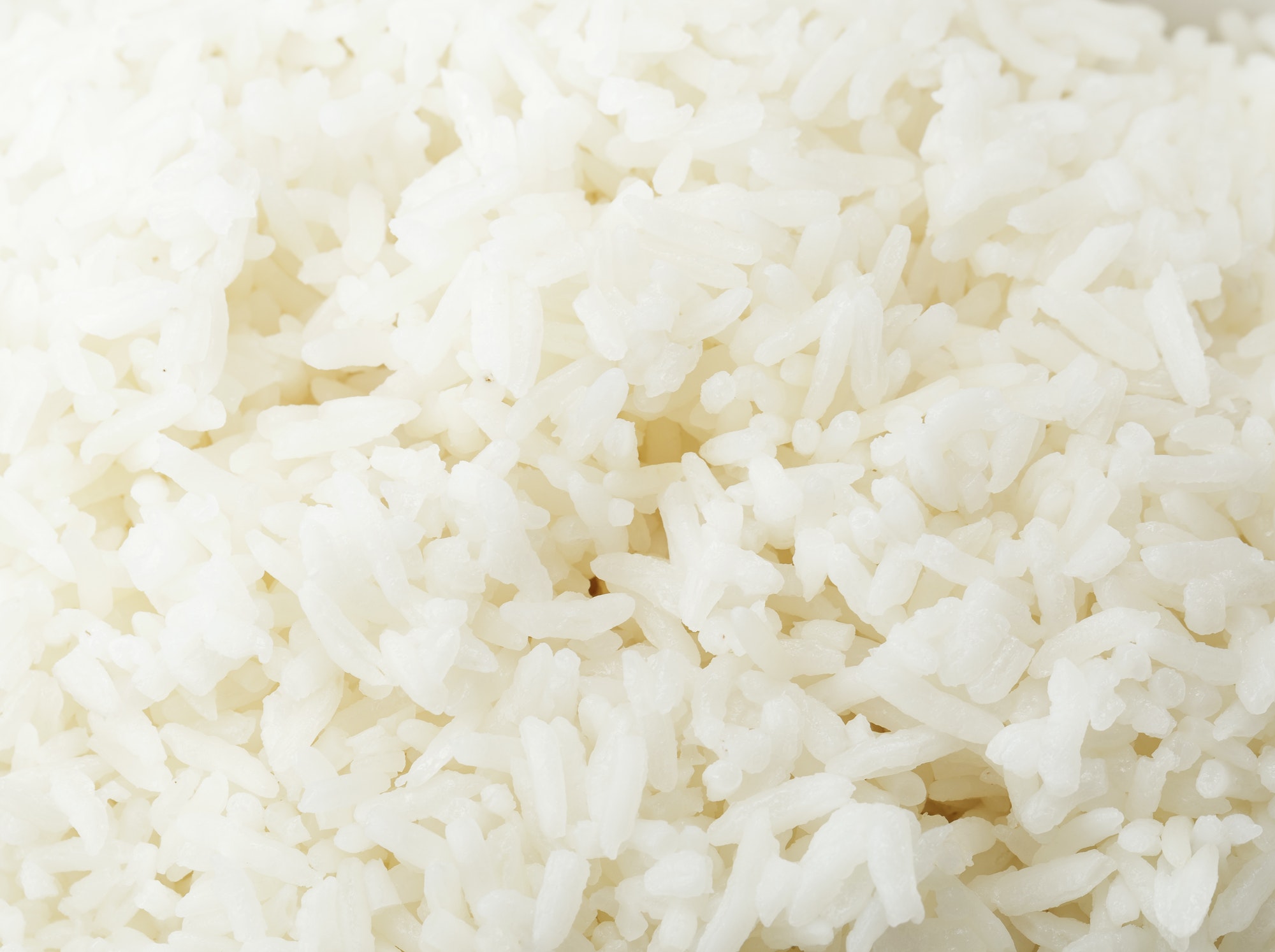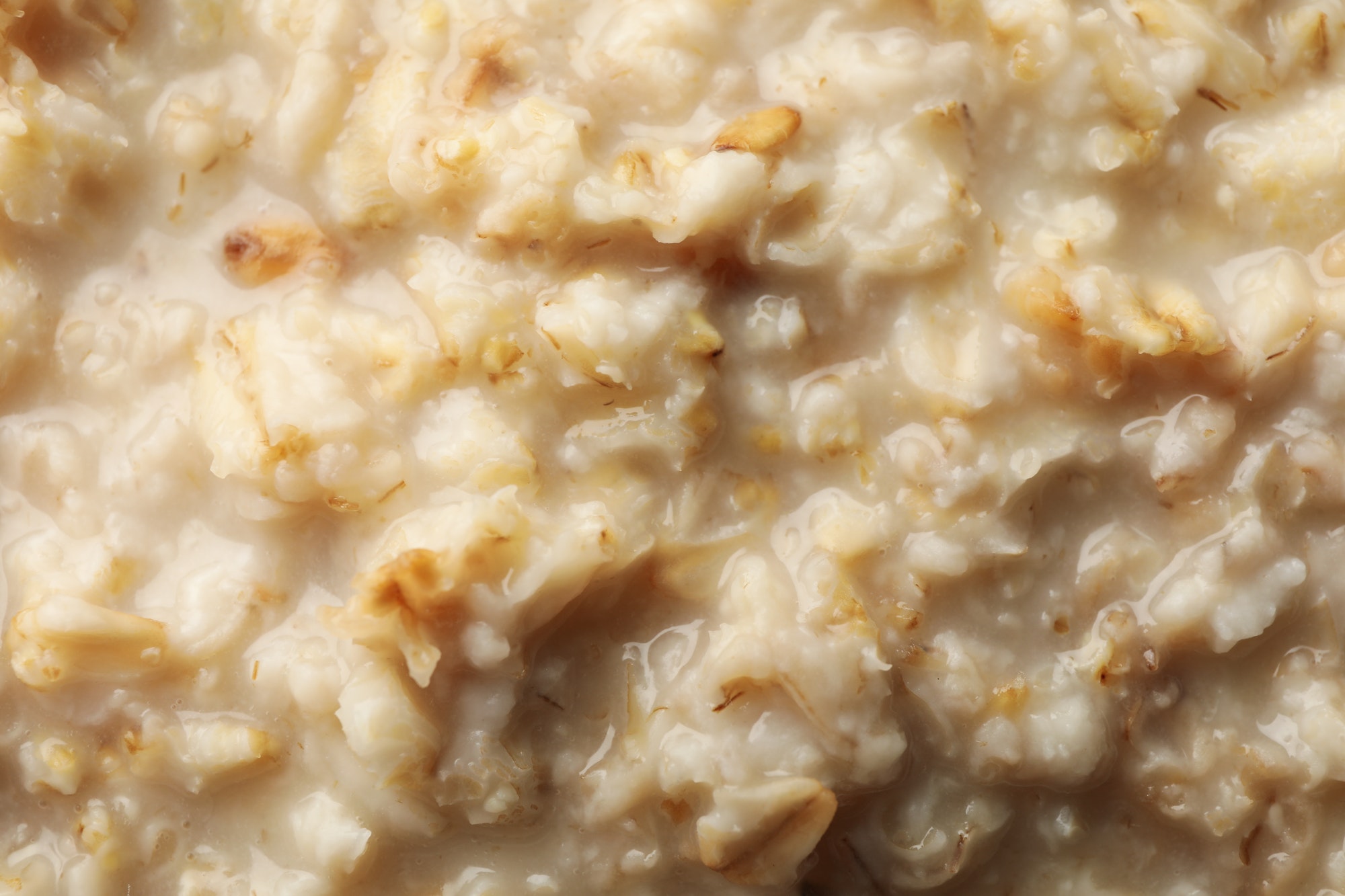Caring for Your Dog’s Digestive Health: A Guide for Easing Upset Stomachs
Dogs, our faithful companions, often face digestive issues that can lead to discomfort and concern for their owners. Understanding the intricacies of canine digestive health, the causes behind upset stomachs, and effective ways to manage these conditions is crucial for ensuring the well-being of our beloved pets.
Understanding Canine Digestive Health
To provide adequate care for a dog with an upset stomach, it’s essential to grasp the fundamentals of their digestive system. Dogs possess a shorter digestive tract than humans, affecting their ability to process certain foods and making them more prone to digestive issues. The stomach’s pH in dogs is more acidic, aiding in the breakdown of raw meat and bones but also making them sensitive to abrupt dietary changes or inappropriate food items.
Common Causes of Upset Stomachs in Dogs
Upset stomachs in dogs can arise from many factors, each potentially triggering gastrointestinal distress in our furry companions. Dietary indiscretions, such as scavenging table scraps or consuming spoiled food, are prominent culprits. Additionally, sudden shifts in diet, whether due to a change in pet food or the ingestion of unfamiliar items, can significantly unsettle their digestive balance, leading to discomfort and digestive upset. Moreover, food allergies or intolerances to specific ingredients, ranging from grains to certain proteins, may provoke adverse reactions in the gastrointestinal tract, causing symptoms like vomiting, diarrhea, or abdominal discomfort.
Beyond dietary influences, ingesting foreign objects poses a substantial risk for upset stomachs. Dogs are notorious for exploring and ingesting non-food items, from small objects like toys or clothing to toxic substances like household chemicals, medications, or harmful plants. This ingestion can result in gastrointestinal obstruction or toxicity, prompting severe symptoms and requiring immediate veterinary attention. Furthermore, bacterial or viral infections and parasitic infestations like roundworms or giardia can wreak havoc on a dog’s digestive system, causing inflammation, diarrhea, and vomiting. Underlying health conditions such as pancreatitis or inflammatory bowel disease can also provoke recurrent gastrointestinal issues, demanding thorough diagnosis and specialized management by a veterinarian. Lastly, stress or anxiety can manifest physiologically in dogs, leading to digestive disturbances, highlighting the intricate link between emotional well-being and gastrointestinal health in our canine companions.
Identifying Symptoms of an Upset Stomach in Dogs
Identifying symptoms of an upset stomach in dogs is crucial for timely care and support. Keep a keen eye on telltale signs that might indicate gastrointestinal distress in your furry friend. Vomiting is often an initial indicator, revealing irritation or discomfort in the digestive system. If vomiting occurs frequently or becomes forceful (projectile vomiting), it’s a clear sign to seek immediate attention. Similarly, diarrhea, characterized by loose or watery stools, can signify various digestive issues, from dietary indiscretions to infections or underlying health conditions.
Changes in eating habits are another vital clue to an upset stomach. A sudden loss of appetite, refusal to eat, or hesitation during mealtime might signal discomfort or nausea. Additionally, increased drooling, lip-smacking, or excessive lips licking can hint at an unsettled stomach. Watch for signs of abdominal discomfort, such as restlessness, hunching over, or sensitivity when touching the belly. Lethargy, depression, or a noticeable decrease in energy levels could accompany digestive issues, reflecting an underlying problem affecting their overall well-being. Consistently observing your dog’s behavior and promptly addressing any unusual or persistent symptoms can aid in ensuring their digestive health and overall wellness.
Dietary Management for Dogs with Upset Stomachs
Selecting the right ingredients is crucial when soothing a dog’s upset stomach. Opting for easily digestible, gentle foods can help calm their stomach and provide necessary nutrients without causing further distress. Here’s a detailed look at some beneficial ingredients to consider when preparing meals for dogs with upset stomachs:
Boiled Chicken

Boneless, skinless chicken breasts or thighs are lean sources of protein that are easy on a dog’s digestive system. Boiling the chicken thoroughly and removing excess fat ensures it’s gentle on the stomach.
White Rice

Plain, cooked white rice serves as a binding agent, aiding in firming up loose stools. It’s easily digestible and helps soothe an upset stomach by providing a bland base for the meal.
Plain Pumpkin

Canned or cooked plain pumpkin (not pumpkin pie filling) is an excellent source of fiber and can help regulate digestion. It can alleviate both constipation and diarrhea due to its fiber content.
Steamed or Boiled Vegetables

When cooked and served plain, vegetables like carrots, sweet potatoes, and green beans offer essential nutrients and fiber. Steaming or boiling these vegetables makes them easier for dogs with sensitive stomachs to digest.
Plain Boiled Potatoes

Boiled potatoes, without any seasoning or additives, can be an excellent addition to a bland diet. They provide carbohydrates and are gentle on the digestive tract.
Cooked Oatmeal

Plain-cooked oatmeal can be a suitable option for dogs with upset stomachs. It’s a source of soluble fiber that helps digestion and aids in alleviating gastrointestinal discomfort.
Cottage Cheese

Cottage cheese can provide easily digestible protein and calcium when fed in moderation and without additives. It’s advisable to opt for low-fat varieties.
Boiled Eggs

Boiled eggs are a good source of easily digestible protein. Ensure they are thoroughly cooked and fed in moderation.
Preparing Meals for Dogs Dealing with Upset Stomachs
When preparing meals for a dog with an upset stomach, it’s crucial to introduce these ingredients gradually and in small portions. Mixing and matching these ingredients in various combinations can provide a well-rounded, easily digestible meal plan. Remember, while these foods are often gentle on upset stomachs, it’s essential to consult with a veterinarian to ensure you’re meeting your dog’s nutritional needs and addressing any underlying health concerns. Every dog’s digestive system reacts differently, so personalized guidance from a professional is invaluable in crafting a suitable diet for your furry companion during their recovery.
Hydration and Electrolyte Balance
Keeping your dog hydrated and electrolytes balanced is important for dogs coping with upset stomachs. Digestive disturbances, such as vomiting or diarrhea, can swiftly lead to dehydration, potentially causing severe health complications if left unaddressed. Adequate hydration is crucial to replenish lost fluids and prevent dehydration, which can quickly occur due to the increased fluid loss associated with gastrointestinal issues. Dehydration in dogs can lead to weakness, lethargy, sunken eyes, dry gums, and, in severe cases, it may affect organ function, posing a serious risk to their health.
During bouts of vomiting or diarrhea, dogs lose fluids and essential electrolytes like sodium, potassium, and chloride. These electrolytes play an important role in maintaining hydration within the body and supporting various bodily functions. Ensuring a proper electrolyte balance is essential, as imbalances can further exacerbate the dog’s condition, leading to weakness, muscle cramps, and an overall decline in health. Replenishing lost electrolytes through specially formulated rehydration fluids or electrolyte solutions recommended by a veterinarian helps restore the dog’s electrolyte balance, aiding in their recovery and preventing complications associated with imbalances.
Preventive Measures and Long-Term Dietary Considerations
Implementing preventive measures and adopting long-term dietary considerations are pivotal in managing dogs prone to upset stomachs. Consistency in feeding schedules and sticking to a balanced diet suitable for your dog’s digestive system are fundamental preventive steps. Gradual transitions between foods when introducing new diets can minimize the risk of digestive upsets. Opting for high-quality, easily digestible food that suits your dog’s specific dietary needs, whether choosing a hypoallergenic diet or selecting limited-ingredient formulas, can significantly reduce the likelihood of future stomach issues.
In addition to dietary adjustments, minimizing exposure to potential toxins or allergens is essential for maintaining digestive health in dogs. Ensuring a safe environment by keeping harmful substances, such as household chemicals or toxic plants, out of reach can prevent accidental ingestion. Regular vet check-ups to monitor your dog’s health and promptly addressing any emerging digestive concerns can aid in early detection and appropriate management, contributing to long-term digestive wellness in your furry companion.
When to Seek Veterinary Help
If your dog is vomiting frequently, displaying projectile vomiting, or struggling to keep water down, it’s crucial to contact your vet immediately. Additionally, alarming signs such as vomiting bile, the presence of blood or unusual materials in the vomit, or indications of lethargy, depression, discomfort, or bloating demand prompt veterinary attention. If any of these symptoms are observed, contact your vet immediately.
Other instances necessitating a vet’s immediate attention include decreased urination, severe bloating, diarrhea, and abdominal pain.
Conclusion
Caring for your dog with an upset stomach can be a challenging experience, but a carefully planned bland diet can make a significant difference in their recovery. Every dog is different, so consulting your vet for personalized guidance is always best. With your attention, care, and a gentle diet, your furry friend will return to their playful self in no time.
